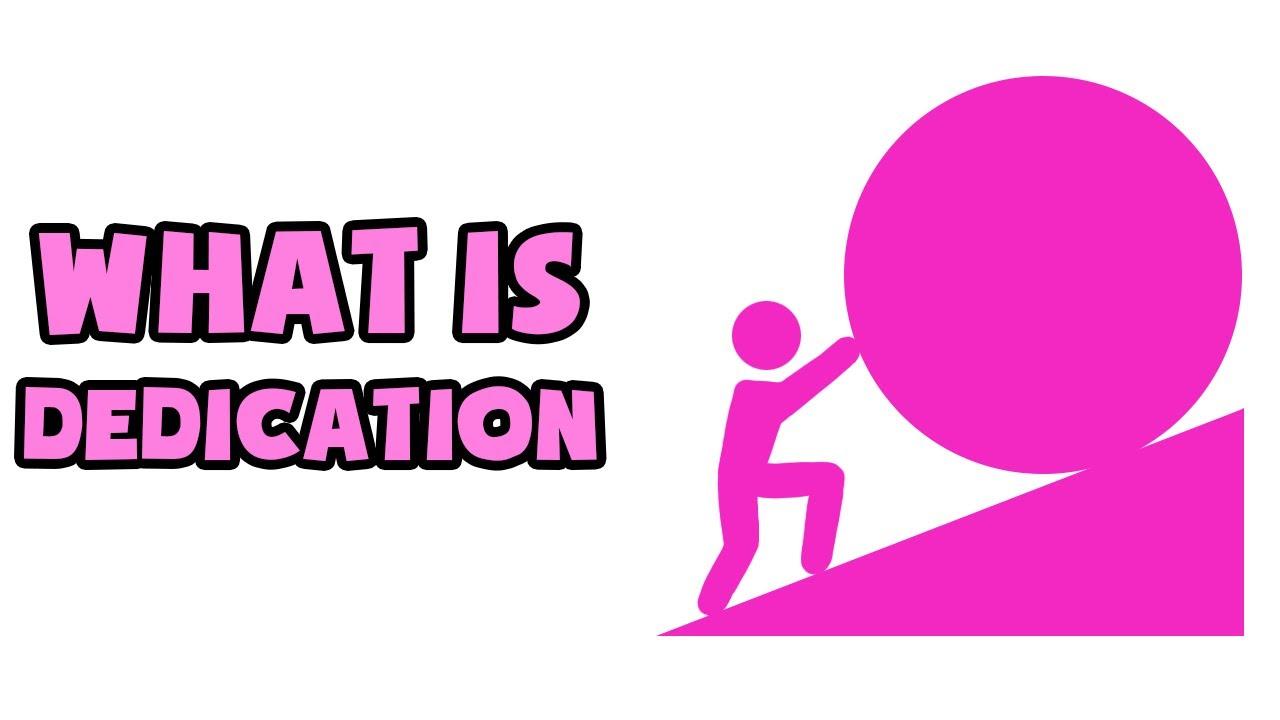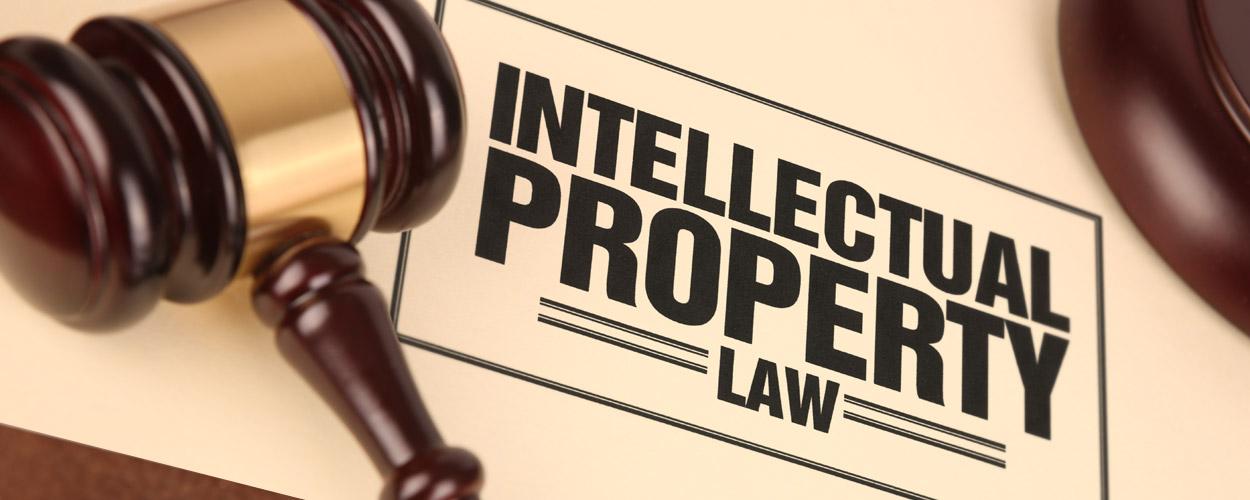In a surprising turn of events, notorious patent troll Sable has not only settled its legal disputes but has gone a step further by dedicating all of its patents to the public. This unprecedented move marks a significant shift in the often controversial world of intellectual property disputes.
Table of Contents
- Patent Troll Sable’s Surprising Decision to Pay Up
- Turning the Tables: Dedication of Patents to the Public
- Implications for Intellectual Property Law and Innovation
- Recommendations for Addressing Patent Trolling
- Q&A
- Key Takeaways

Patent Troll Sable’s Surprising Decision to Pay Up
After years of notorious patent trolling, Sable shocked the tech industry by announcing its decision to pay up for its patents. In a surprising turn of events, Sable not only agreed to pay the settlements but also made a groundbreaking move by dedicating all its patents to the public domain.
By relinquishing its patent rights, Sable has opened up a world of possibilities for innovation and collaboration in the tech sector. This unexpected gesture has been met with mixed reactions, with some applauding Sable for its unexpected generosity, while others remain skeptical about the company’s motives behind this sudden change of heart. Only time will tell how this decision will shape the future of patent law and intellectual property rights in the industry.

Turning the Tables: Dedication of Patents to the Public
After years of legal battles and controversy, patent troll Sable has finally agreed to pay up for its past infringement offenses. As part of the settlement agreement, Sable has made the unprecedented decision to dedicate all of its patents to the public domain. This move marks a major victory for advocates of patent reform and open innovation, as it will prevent Sable from using its patents to stifle competition and hinder technological progress.
This groundbreaking gesture by Sable serves as a unique example of corporate accountability and altruism in the tech industry. By renouncing its exclusive rights to the patents, Sable is not only relinquishing potential profits but also embracing a more collaborative approach to the intellectual property landscape. This bold act is sure to inspire other companies to reconsider their patent strategies and prioritize the greater good of society over individual gain.

Implications for Intellectual Property Law and Innovation
Patent troll Sable, known for aggressively enforcing its patents against small businesses and startups, has surprised the tech world by not only settling a long-standing lawsuit but also taking a radical step towards innovation. In a move that has left many industry experts stunned, Sable has decided to dedicate all of its patents to the public domain, effectively relinquishing its right to enforce them.
This unexpected turn of events raises important questions about the role of intellectual property law in fostering innovation. By releasing its patents to the public, Sable is not only giving smaller companies the opportunity to freely innovate without fear of litigation but also challenging the traditional notion of patent ownership. This bold move by Sable could potentially set a new precedent for intellectual property law and encourage a more collaborative and open approach to innovation in the tech industry.

Recommendations for Addressing Patent Trolling
After years of being a notorious patent troll in the tech industry, Sable has finally paid the price for its unethical practices. In a surprising turn of events, the company has decided to dedicate all of its patents to the public, signaling a significant shift in their business model. This unprecedented move not only sets a new precedent for patent trolls but also serves as a powerful example of how companies can make amends for past wrongdoings.
As part of their commitment to address patent trolling, Sable has also pledged to support legislation that aims to curb the abusive behavior of patent trolls. This includes advocating for stricter patent laws and penalties for frivolous lawsuits, as well as promoting transparency and fairness in patent litigation. By taking these proactive steps, Sable hopes to not only redeem its tarnished reputation but also contribute to a more ethical and sustainable patent system for all innovators and creators.
Q&A
Q: What is the significance of Sable dedicating all its patents to the public?
A: Sable’s decision to dedicate its patents to the public is a rare and admirable move in the world of patent trolling. It sends a message that the company is willing to forgo potential profits in order to benefit the greater good.
Q: How does this decision affect the current patent trolling landscape?
A: This decision could potentially have a ripple effect in the patent trolling landscape, as other companies may be inspired to follow suit and dedicate their patents to the public as well. It could lead to a shift in the way patents are used and enforced in the future.
Q: What led Sable to make this decision?
A: Sable’s decision to dedicate its patents to the public may have been influenced by public pressure, legal action, or a shift in the company’s values. Whatever the reason, it marks a significant turning point for the company and potentially for the entire patent trolling industry.
Q: How will the public benefit from Sable’s actions?
A: The public will benefit from Sable’s decision to dedicate its patents by gaining access to valuable technologies and innovations that may have otherwise been locked behind expensive licensing agreements. This move could lead to increased innovation and collaboration in various industries.
Key Takeaways
the case of patent troll Sable serves as a reminder of the complexities and controversies surrounding patent laws. While the company has chosen to settle and dedicate all its patents to the public, the larger debate on patent trolling and intellectual property rights continues to evolve. It remains to be seen how this gesture will impact the tech industry and innovation as a whole. Ultimately, it is a step in the right direction towards promoting fairness and accessibility in the world of patents. Let us hope that this serves as a positive precedent for future cases and encourages a more collaborative and ethical approach to intellectual property.










